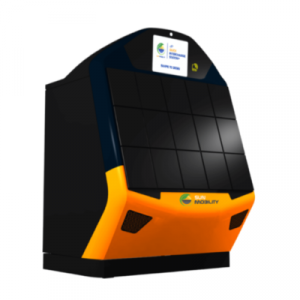
Agriculture
June 28, 2024
Sun Mobility Quick Interchange Station
Read SolutionImplemented by
Sun Mobility
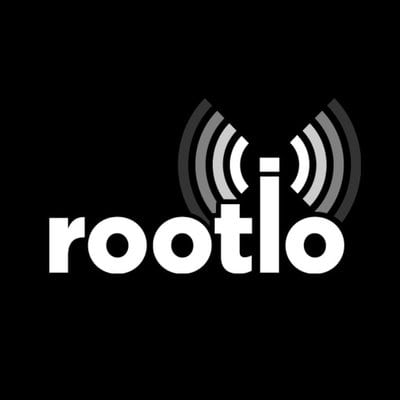
Updated on June 25, 2024
·Created on August 24, 2016
Rootio is an open-source radio broadcasting solution that is a combination of off-the-shelf hardware, cloud software, and a smartphone app.
Rootio or Grassroots Radio for Community Input and Output is a prototype and open-source radio broadcasting solution that is a combination of off-the-shelf hardware, cloud software, and a smartphone app. Rootio can be heard through a traditional FM receiver. It is possible to participate in the radio through a simple phone call.
Target SDGs
SDG 9: Industry, Innovation and Infrastructure
SDG 16: Peace, Justice and Strong Institutions
Market Suggested Retail Price
$1,800.00
Target Users (Target Impact Group)
Household
Distributors / Implementing Organizations
Rootio is the main distributor and is supported by a peer network of radio station hosts. Rootio is located in Portugal.
Competitive Landscape
Direct competitors include CGNet Swara and Pocket FM.
Countries
Uganda
Manufacturing/Building Method
This product needs a Low Power FM Transmitter Antenna to work. Customers can make the antenna by themselves following this guideline
Intellectural Property Type
Open-source
User Provision Model
Users can obtain the product from Rootio GitHub site. The App is only available for Pocket Galaxy and Duos Samsung Smartphones and can be found on Google Play Store. Antenna guidance instructions are also available.
Distributions to Date Status
As of June 2017, four bucket stations have been running in Northern Uganda. Rootio hopes to launch 12-20 established antenna broadcasting stations in the coming future. Rootio is developing the capacity to quantify the number of listeners on their network.
Radio frequency
FM
Broadcasting source
A cloud software manage content broadcast. It is possible to participate in the radio through a phone call too.
Remote hardware management (Y/N)
Yes, a smartphone with the app can be managed remotely.
Reception device type
Conventional FM radio receiver.
Broadcasting range
2-5 km from the antenna.
Content management available? (Y/N)
Yes, a cloud-based content system that can be managed from the Internet.
Power Supply Type
Minimum of 15-30 W power generator.
Design Specifications
The Rootio Radio Solution comprises the transmitter antenna + station called "radio in a bucket", the cloud solution to push Internet content to radio+antenna transmitter and app for content management and technical admin of infrastructure. While the "bucket Rootio Station" includes an FM transmitter, there are no particular specifications. This means that the implementing team can use any FM transmitter that fits in the bucket. The android App is designed and tested only with a Duos or Pocket Galaxy Samsung smartphones, so is suggested to build the "bucket Rootio Station" with these Samsung smartphones.
While guidance on antenna assemble procedures is available, guidance on "radio in a bucket" assemble procedures are yet to be published.
Technical Support
Technical support is provided by Rootio. Email: info@rootio.org.
Replacement Components
Replacement components may be found locally.
Lifecycle
The lifecycle depends on each element of the solution and quality of electronics connectors and methods of power generation.
Manufacturer Specified Performance Parameters
Rootio hopes to increase the reach of broadcast stations and increase the number of users.
Vetted Performance Status
Resilient Africa Network has performed a third party evaluation of Rootio.
Safety
Lightning is an issue with large antennas. Users must remain cautious with all electrical components and follow standards, guidelines, and local and country regulations.
Complementary Technical Systems
Large broadcasting towers accompany the radio in a bucket concept and the cloud/app offering.
Academic Research and References
Csíkszentmihályi C., Mukundane J., 2016. RootIO: ICT + telephony for grassroots radio. IST-Africa Week Conference.
“Rootio.GitHub.Io.” n.d. Github.Io. Accessed June 25, 2024. https://rootio.github.io/
“Competitive Landscape.” n.d. PocketFM. Accessed June 25, 2024. http://www.pocket-fm.com/
Rahul Gonsalves, Pixelogue. n.d. “??? ???: ???? ?? ??????.” Cgnetswara.Org. Accessed June 25, 2024. http://cgnetswara.org/
“Goal 9.” n.d. Sdgs.Un.Org. Accessed June 25, 2024. https://sdgs.un.org/goals/goal9
“Goal 16.” n.d. Sdgs.Un.Org. Accessed June 25, 2024. https://sdgs.un.org/goals/goal16
rootio, and More by the author: 2016. “Low Power FM Transmitter Antenna From Agricultural Tubing.” Instructables. September 10, 2016. https://www.instructables.com/Low-Power-FM-Transmitter-Antenna-From-Agricultural/
“Rootio.GitHub.Io.” n.d. Github.Io. Accessed June 25, 2024. https://rootio.github.io/
Rootio. n.d. Accessed June 25, 2024. https://github.com/rootio
“ResilientAfrica Network?» Root IO.” n.d. Ranlab.Org. Accessed June 25, 2024. http://www.ranlab.org/root-io
“ResilientAfrica Network.” n.d. Ranlab.Org. Accessed June 25, 2024. http://www.ranlab.org/
Compliance with regulations
Users are required to comply with the in-country FM regulatory framework to install a radio station. Commonly a license provided by local/country government is needed to broadcast.v
Evaluation methods
The number of broadcasters and the number of listeners reached.
Other Information
Watch this video to learn more.

Agriculture
June 28, 2024
Implemented by
Sun Mobility

Agriculture
February 20, 2024
Implemented by
Sterilux
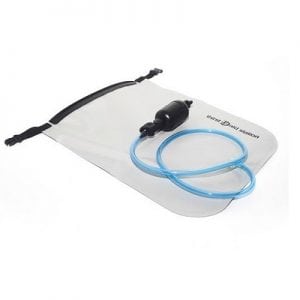
Agriculture
December 29, 2023
Implemented by
Pure Hydration
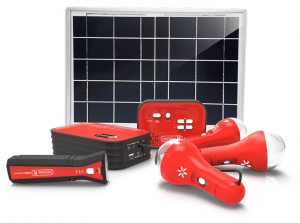
Agriculture
December 10, 2024
Implemented by
Renewit
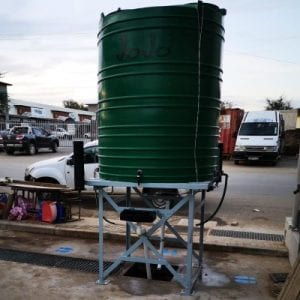
Agriculture
January 9, 2024
Implemented by
Envirosan
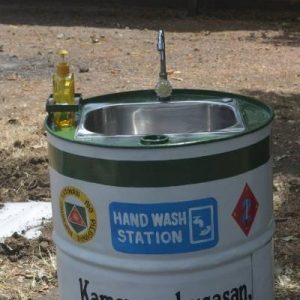
Agriculture
January 17, 2024
Implemented by
Philippine Army
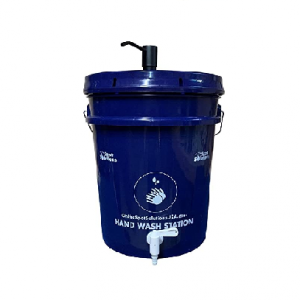
Agriculture
January 19, 2024
Implemented by
On the Spot Solutions

Agriculture
June 26, 2024
Implemented by
CGNet Swara

Agriculture
June 25, 2024
Implemented by
MIMU
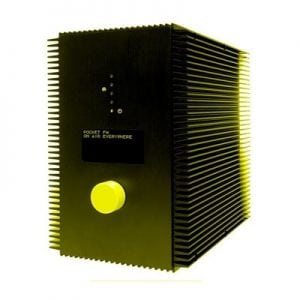
Agriculture
June 25, 2024
Implemented by
Media in Cooperation and Transition (MiCT)
Have thoughts on how we can improve?
Give Us Feedback
– “Academic research is not traditionally done on water containers” is not actually true! Although, there is usually not a comparison of different types of safe water storage containers. This paper reports on safe storage reducing diarrhea, although it wasn’t this type of container: http://journals.plos.org/pl…
– It’s unclear why the “field testing” entry is linked to the Oxfam site.
– Also, the link to the CDC webpage for the statement that “The bucket meets Oxfam’s internal regulations” is unclear. That link doesn’t reference internal regulations.